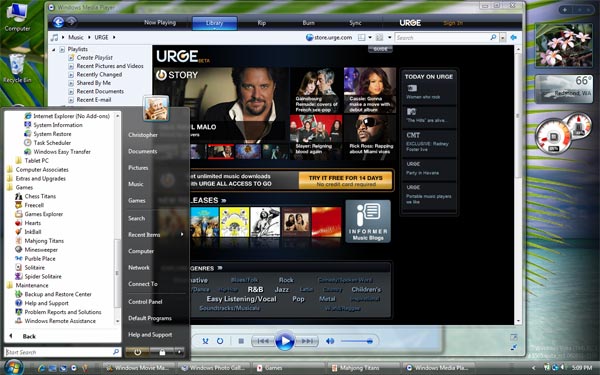You may already have heard about the $100 laptop. It's an initiative by Nicholas Negroponte of MIT and a group called One Laptop Per Child. The idea being, shocker!, to supply a laptop to every child in the developing world.
The computer uses a rubberized keyboard, small AMD processor and flash memory instead of a hard drive. The organizers are also developing a customizable version of Linux for each nation that receives the devices. Here's Negroponte on the decision not to use Windows and Office:
In fact, one of the saddest but most common conditions in elementary school computer labs (when they exist in the developing world), is the children are being trained to use Word, Excel and PowerPoint," Mr Negroponte said.
"I consider that criminal, because children should be making things, communicating, exploring, sharing, not running office automation tools."
We all like to believe in the power of technology, but you have to wonder if the poorest people on Earth have more pressing needs than using computers in the classroom. It's not even clear that these computers will improve education on a grand scale when families are so poor they need children to begin working at a young age. I'm not sure how a cheap laptop solves that.
Possible outcome? I wonder if the majority of these laptops will eventually end up being used by local businesspeople -- the typical small entrepreneur who finds computer access important. If that's the case, it might still be beneficial... just not in the way OLPC imagines.
















